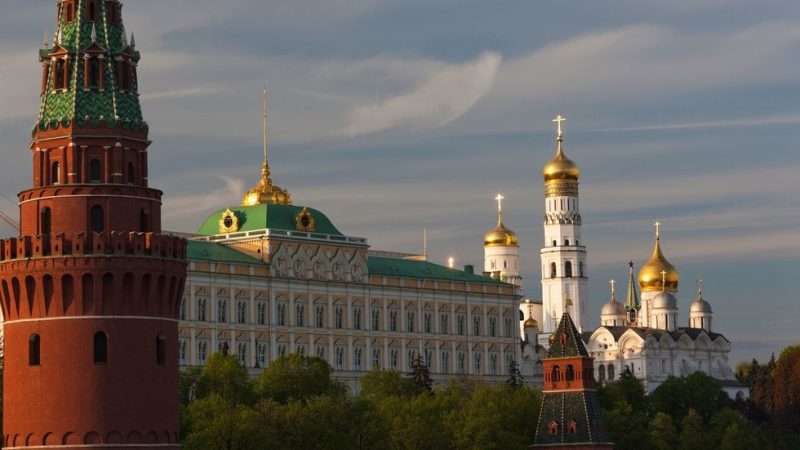
The Kremlin has announced that President Vladimir Putin is open to negotiations with Ukraine. However, this openness comes with a significant caveat: Putin’s willingness to engage in direct talks hinges on the outcome of preliminary discussions between the respective delegations. This was revealed by Dmitry Peskov, the Kremlin spokesperson, adding a layer of complexity to the already precarious situation.
This statement marks a notable shift, or at least a carefully worded one, in Russia’s rhetoric regarding the conflict. For months, the Kremlin has largely dismissed calls for direct negotiations, often citing preconditions and accusing Ukraine of lacking sincerity. This latest announcement, therefore, necessitates a closer examination of its underlying motivations and potential implications.
Peskov’s statement suggests a strategic approach. By emphasizing the importance of initial delegation talks, Russia retains control over the pace and parameters of any future dialogue with Kyiv. Success or failure of these preliminary discussions will likely determine whether Putin agrees to a direct engagement. This could be interpreted as a way to gauge Ukraine’s willingness to compromise and potentially set the stage for a negotiation outcome favorable to Russia.
The international community will be closely scrutinizing these developments. Any genuine progress toward peace talks would be a welcome development, offering a glimmer of hope amidst the ongoing conflict’s devastating human cost. However, skepticism remains warranted. The Kremlin’s history of using diplomatic overtures as tactical maneuvers necessitates cautious optimism. The coming weeks will be critical in determining whether this represents a genuine shift towards diplomatic resolution or merely another phase in Russia’s strategic game.
Ultimately, the success of any potential negotiations will depend on the willingness of both sides to engage in good faith and make meaningful compromises. The international community has a vital role to play in facilitating these discussions and ensuring that any agreements reached are sustainable and contribute to lasting peace in the region.










